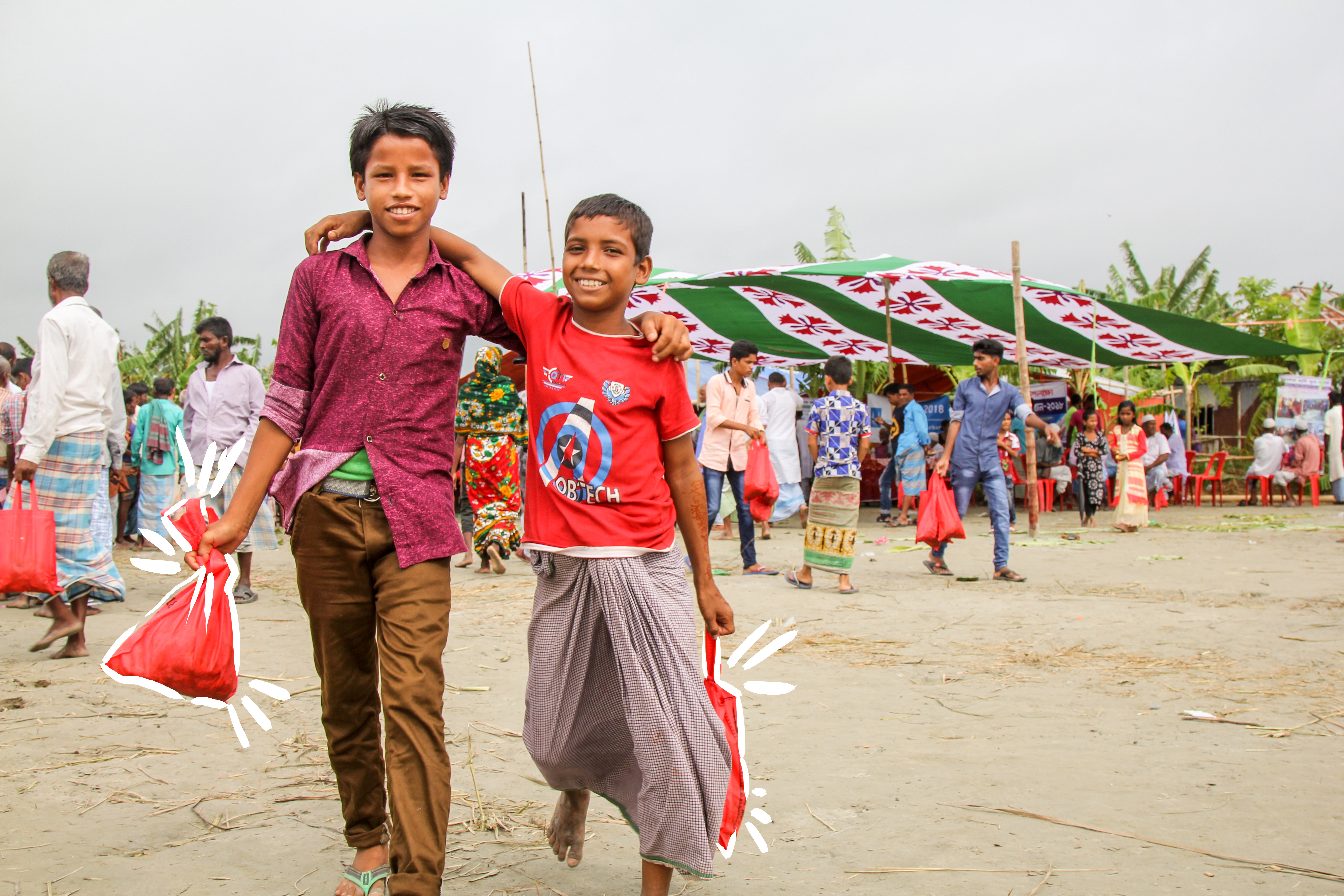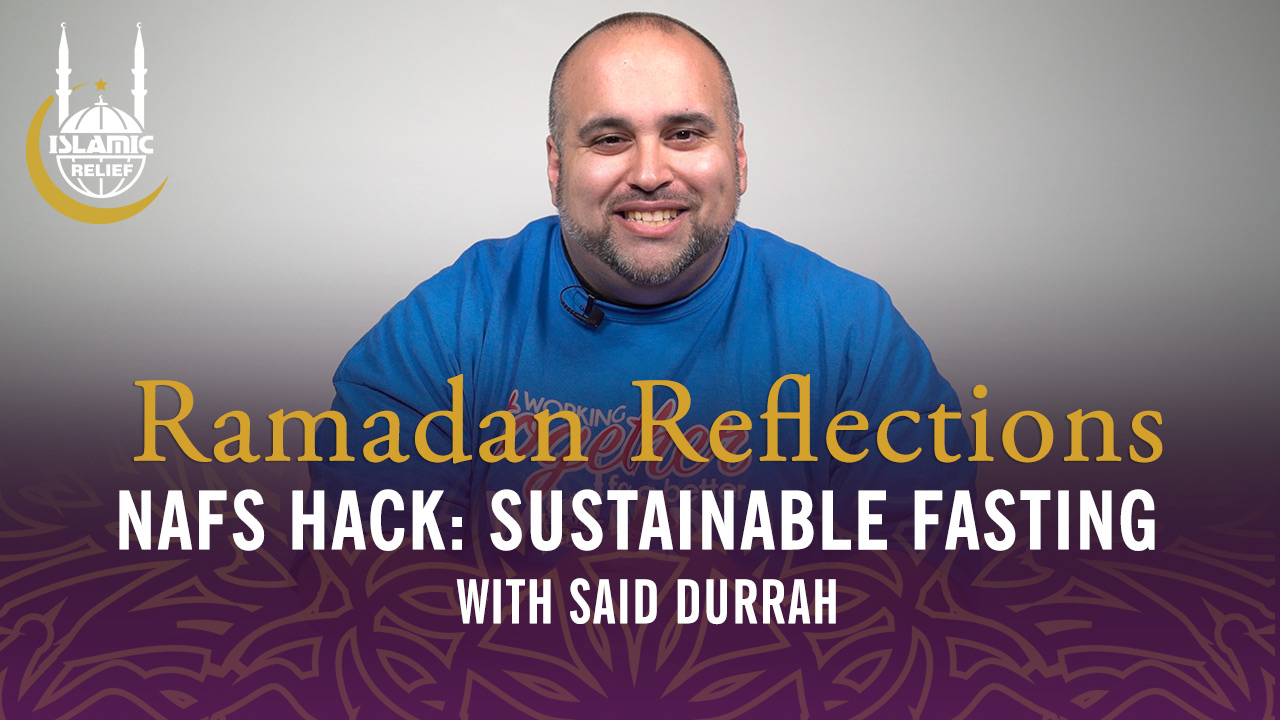Visitors from IR Kenya Highlight Transformative Impact of US Support

Islamic Relief partner offices visit Capitol Hill
Donations from Islamic Relief USA supporters, as well as US government funding, play a vital role in programs that are overcoming interfaith conflict and lifting people out of poverty in some of the world’s most difficult and dangerous places.
That was the message of representatives from Islamic Relief Kenya and Islamic Relief Worldwide as they visited the United States in mid-July 2019 to meet representatives of USAID, the Kenyan embassy, and various officials on Capitol Hill.
The visiting delegation included Naser Haghamed, CEO of Islamic Relief Worldwide, Obaid Rahman, Country Director of Islamic Relief Kenya, and Gloria Kivuva, Communications Officer for Islamic Relief Kenya.
“We had hoped to take a staff delegation from Congress to visit a remarkable solar-powered irrigation project in Kenya, funded principally from the US,” explains Jihad Saleh Williams of Islamic Relief USA. “But the project is in a very insecure area, so we decided to bring Kenya to Capitol Hill instead of taking Capitol Hill to Kenya.”
US federal funding has supported eight Islamic Relief projects in the past four years: six in Ethiopia and the others in Kenya and the Central African Republic (CAR).
The visiting delegation highlighted the benefits of two ongoing projects—an irrigation project in Kenya’s northeastern Mandera region, and a partnership with Catholic Relief Services and World Vision in CAR that helps impoverished families start new businesses while bringing Christian and Muslim communities together to overcome conflict.
Drip-irrigation is a key drought alternative in Mandera
Mandera is one of the hottest, driest, and poorest parts of Kenya, with some 88 percent of the population living in poverty. For thousands of years, farmers in this area have made their livelihood from herding cattle. Yet droughts linked to the climate change crisis are becoming more frequent and severe, leaving herds wiped out time and again.
Thanks to Islamic Relief Kenya’s “Securing Water for Food” project, supported initially by USAID and then by IRUSA throughout the life of the project, many farmers have transitioned successfully to growing fruit and vegetables instead of cattle herding.
They are doing so by using solar-powered pumps to extract water from below the ground. Perforated tubes then allow water to be dripped precisely and very sparingly onto individual plants. This sustainable approach is known as drip irrigation.
The solar-powered drip-irrigation approach has been found to cut farmers’ costs by 75 percent, cut water use by 65-80 percent, and increase the yields of crops such as tomatoes and onions by 300%. Using solar-powered pumps also helps cut down on the use of fossil fuels like petroleum that would previously have been used to power water pumps.

Partner offices enable aid to reach remote areas
At a Capitol Hill briefing attended by staffers from both Congress and the Senate, Naser Haghamed shared that funders such as USAID value the ability of Islamic Relief Worldwide (IRW) to access remote areas.
IRW is able to reach remote areas in countries such as Iraq, Afghanistan, Somalia, Kenya, and Yemen through partner offices in the field, like Islamic Relief Kenya.
This access is made possible by IRW’s established relationships of communication and trust with partner field offices. This collaboration is rooted in a strong understanding of local challenges and needs, as well as a deep appreciation of cultural and religious sensitivities.
Over 120 million lives positively impacted
Since its founding in 1984, IRW has positively impacted the lives of 120 million people around the world. It has become an implementing partner for six western governments and numerous UN agencies. “Our compliance and due diligence are very high,” Mr Haghamed said.
Mr Haghamed returned recently from a visit to Yemen, the poorest country in the Middle East experiencing what the UN has called the “world’s worst humanitarian crisis.”
IRW is the main implementing partner for the UN’s World Food Program in Yemen, and is currently feeding over 2 million people each month through 700 food distribution points.
In addition to emergency response, IRW has launched development programs focused on improving or providing education, micro-finance, and livelihood projects. Haghamed said that while he’s grateful for donors’ support for emergency response projects, “preventative programs” are where more support is needed most.
That’s because preventative programs are the most effective way to address the root causes of suffering experienced by local populations, including recurrent drought and violent extremism.
“Patching up symptoms is not the solution,” he said. “We look at the root causes of the problem.”




